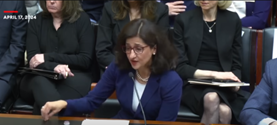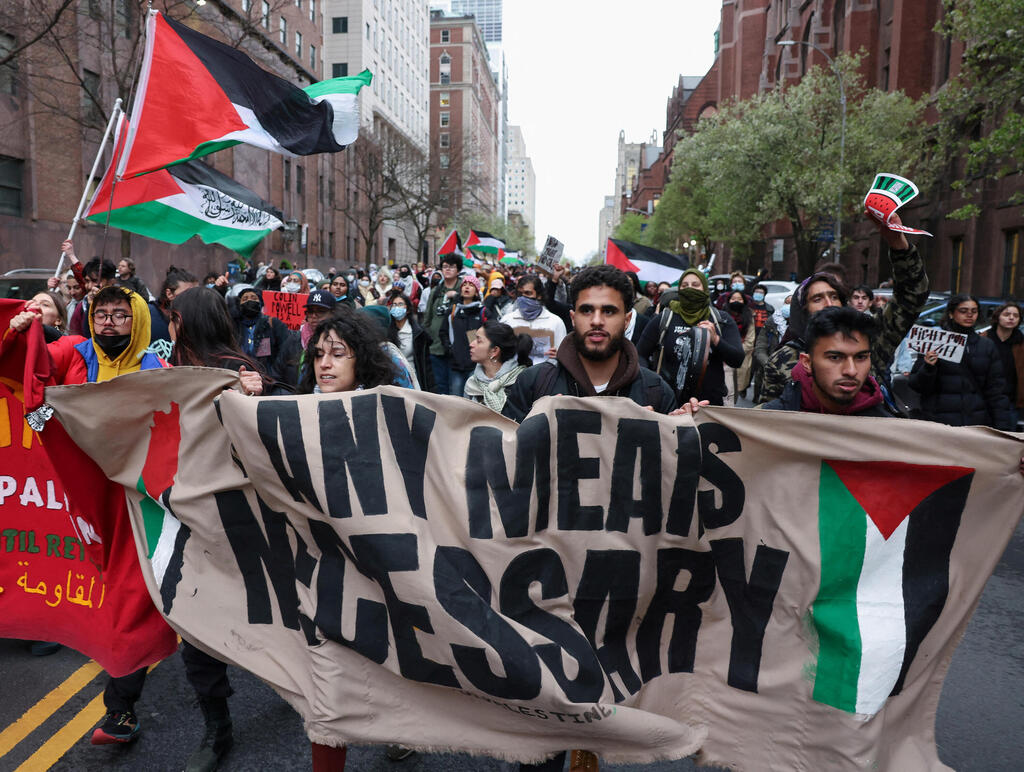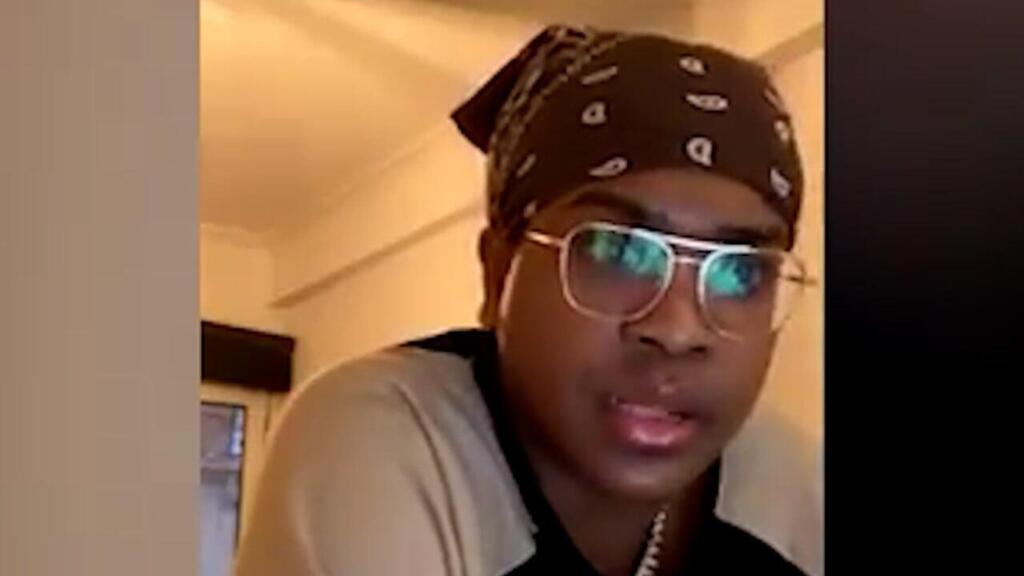Getting your Trinity Audio player ready...
Columbia University is being ruled by a student mob. In the days since Wednesday, April 16, when Columbia President Minouche Shafik testified in a congressional hearing on antisemitism, pro-Palestinian activists unlawfully erected a Gaza Solidarity Encampment on the school’s main lawn, and self-proclaimed advocates of terrorism—students and non-affiliates—have infiltrated the campus and have thoroughly established themselves as its ruling force through intimidation and violence.
5 View gallery
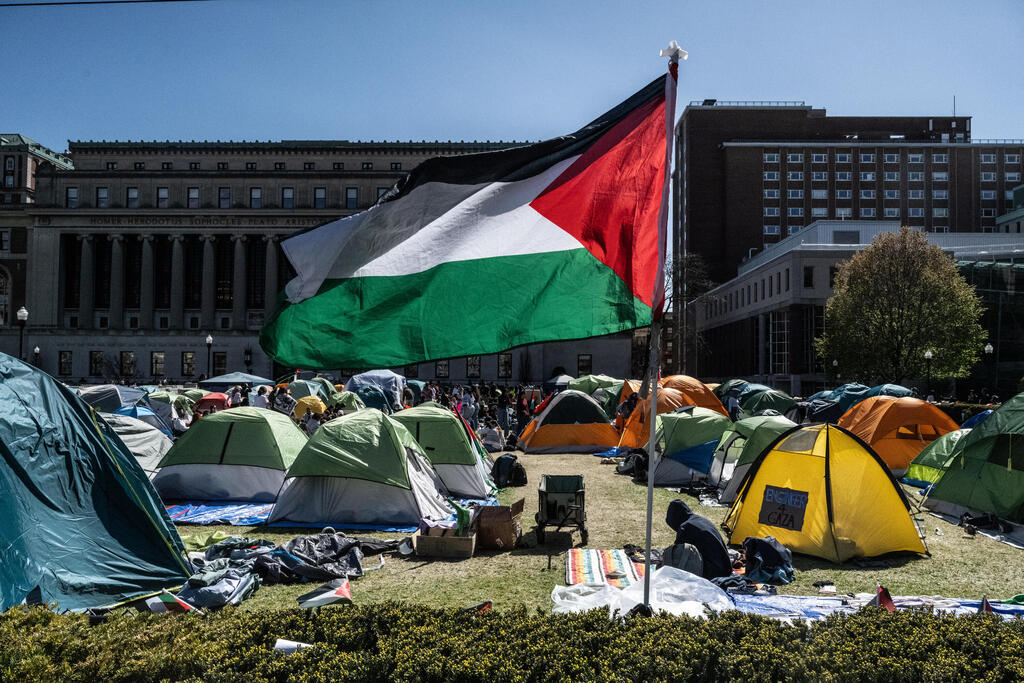

The Gaza Solidarity Encampment on Columbia campus
(Photo: Stephanie Keith / Getty Images)
For seven days, Jewish students have endured endless antisemitic chants, personalized threats of murder with "more October 7s", and assaults. One pro-Palestinian protester proudly identified with a terrorist organization and another proclaimed "We are all Hamas". In the center of campus, chants in Arabic called to “strike Tel Aviv”. Droves of students, including non-Jews, have fled the campus since Thursday, expressing discomfort and fear for their own personal safety.
After 96 hours of radio silence during this devolving chaos, failing to remove imminent and present dangers from campus, President Shafik broke her silence at 1 a.m. on April 22 with a panicked email announcing that all classes on Monday would be moved to Zoom, to the glee of encamped protesters.
Columbia prefers to disrupt the expensive education of tens of thousands of students in their last week of classes over clearing the illegal and violent local occupation of a few hundred.
The primary action plan presented in the president's email is "continuing discussions with the student protestors. I know that there is much debate about whether or not we should use the police on campus, and I am happy to engage in those discussions…We should be able to [resolve] this ourselves."
President Shafik cannot do this herself. Her actions loudly say, in contradiction to her congressional testimony, that antisemitism is not only tolerated but welcome at Columbia.
5 View gallery
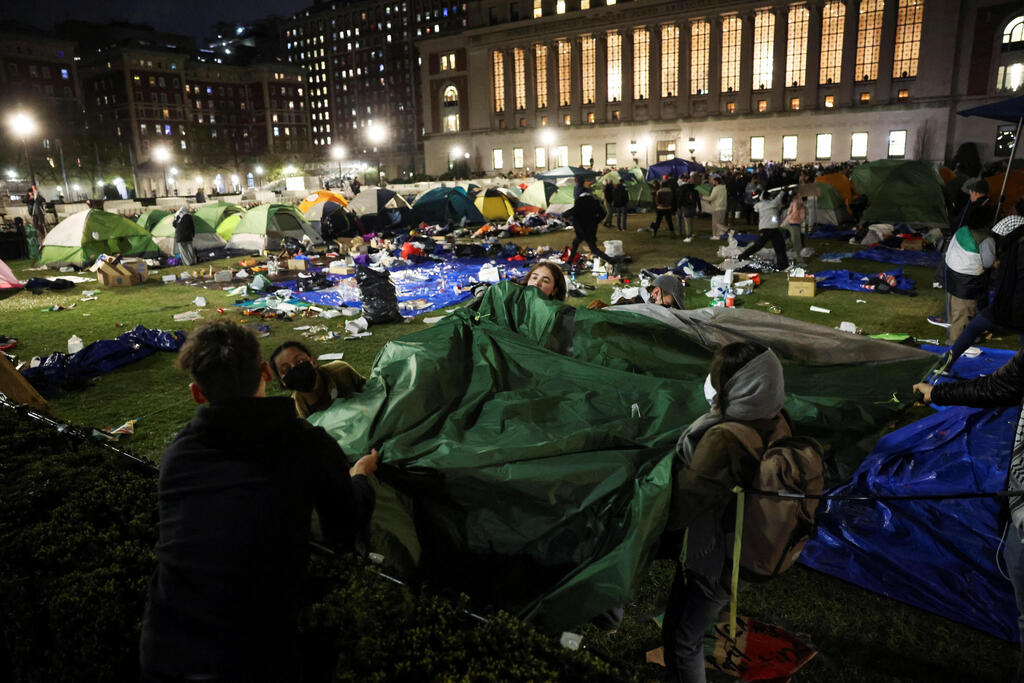

The Gaza Solidarity Encampment is unfazed by ultimatums
(Photo: REUTERS/Caitlin Ochs)
Twenty-four hours after this announcement President Shafik sent another nightly announcement at 9 p.m., giving protesters a midnight ultimatum to dismantle their camp. Minutes after preparing for arrests, Students for Justice in Palestine organizers (a banned student group highly active in the campus crisis) told WKCR that their deadline was extended, and at 4 a.m. on April 24 another update was sent by the Office of the President presenting four points of the negotiated agreement and another 48-hour deadline.
Columbia claims student protesters "have committed to removing a significant number of tents" and have "prohibited discriminatory or harassing language". However, the protesters have not announced any such agreement from their end.
Just a few hours later, I walked past their ever-growing tent city to hear chants of "There is only one solution, Intifada revolution”. One protest leader, the star of a video in which pro-Palestinians push Jews out of their camp, has also called for the mass murder of Zionists. While Shafik's talks have made the campers’ rhetoric sanitized—their sentiment is not.
Israelis and Gazan's lives actually depend on the outcome of hostage negotiations between Israel and Hamas. They have no choice. Meanwhile, President Shafik is choosing to be played by a small group of detached-from-reality twenty-year-olds who "have their demands" and are supported by Hamas. It is embarrassing, and a dangerous precedent for the future. Are violent, consistently lying rule-breakers going to dictate terms for every Columbia response?
Such rabid hate and incitements to terrorism are a threat to every American and believer in the free and democratic world. Not every pro-Palestine demonstrator is antisemitic or dangerous. But the movement has shown its true face, devolving into open support of foreign and domestic terror. No protest on campuses today is about Gazan solidarity. Free speech will never again exist if a crowd of rowdy, disruptive, misguided protestors who hide behind masks is allowed to continue to assert its dominance over this university. Decisive action must be taken. We cannot let terror win.
Inbar Brand is a junior at Columbia University studying Economics and Political Science. She recently studied Philosophy and Middle Eastern Studies at Tel Aviv University as part of the International Dual BA program with Columbia.


